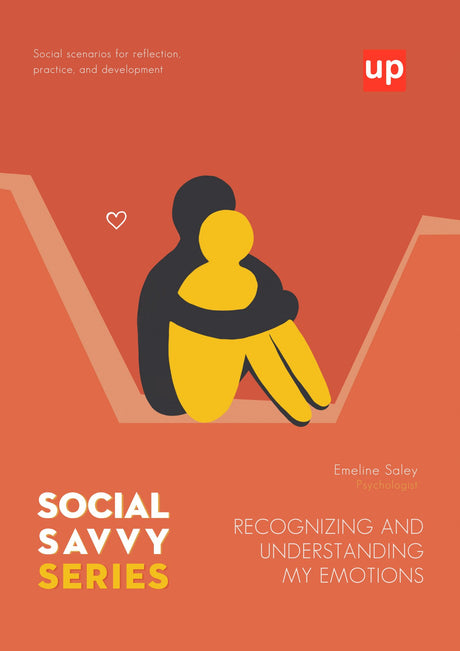How to Use Calm Voices to Calm Kids
Have you ever witnessed a child-parent showdown in a public place? You might have shaken your head and thought that you would never be that parent. Yet a few years later, you find yourself in the same position - with an angry toddler and your frustration skyrocketing.
Raising calm kids can be a challenge. Sometimes it’s hard to keep your cool, but less yelling means better communication. Learn why yelling isn't the answer and how to nip that behavior in the bud.
The Problem With Yelling
Calming kids down when they're screaming and crying is no walk in the park. But the first thing parents have to realize is that yelling is ineffective because:
- Children learn to tune it out
- Emotions overpower the message
- It doesn't model positive reactions for children
Furthermore, it can do a lot of damage to your child's sense of self and self-esteem. Studies have also shown that yelling at children increases aggression, depression, and stress. Not to mention the damage it can do to the child-parent relationship.
Children might think that their parents "don't like them". They may become more defensive and defiant, which puts more strain on family life. Yelling can destroy bonds and make children think you're not on their team.
How to Talk to Your Kids (Without Yelling)
In one 2020 study, 61% of parents reported yelling at their kids in the previous two weeks. Communicating with kids when tension is high can be difficult, but not impossible. The key is to de-escalate the situation as much as possible.
For re-occurring arguments, like bedtime struggles or morning routines, try to:
- Find the root cause of the problem
- Change the process to make it easier on both of you
- Establish and reinforce the new routine
- Ask for feedback from your child
- Explain why they need to follow the rule
- Model the desired behavior as much as possible
But sometimes, tantrums and arguments can occur when you least expect them. If you have trouble staying calm, put the conversation on hold until you're ready to discuss the issue. This can mean waiting until you're home to talk or suggesting a time-out for both you and your child.
Multiple developmental studies have found that effective parenting should focus on:
- Creating and enforcing structure (rules, consequences, punishments, and rewards)
- Supporting the child's autonomy (asking for feedback, respecting their choices)
- Building affiliation (showing warmth, acceptance, and love)
Using these three elements in a heated situation can help you communicate with your kids. Refer to the structure by explaining the rules and consequences, but maintain affiliation by showing warmth. Then support their autonomy with a conversation about what happened and how it was handled.

Talk to children with respect. "Don’t yell at me. If I am having trouble understanding your words, I will never learn by yelling."
Yelling affects:
- the behaviour (through yelling the child learns that problems are better solved with violence and aggression.)
- the mental health (yelling raises levels of anxiety, stress and depression in children.)
- the physical health (a child growing up in an abusive or negative environment is more likely to develop chronic conditions in adulthood.)
- the brain function (Screaming and yelling have proven to hinder the development of the prefrontal cortex, the centre of logic (correct judgement and decision making.)
There are more subtle ways to use when we feel that our children don’t listen to us. Let’s break the cycle of excessive response, as parents and humans.
Calm Parenting Leads to Calm Kids
Although it can be tempting to yell when your child isn't listening, calm voices always win. Raising calm kids comes down to creating and following a process for dealing with issues. Yelling can be a thing of the past if both parties know what to expect during a confrontation.
Behavior management is a stressful part of parenting, but we're here to help! Browse Upbility's collection of behavior materials for parents and educators to get started!
copyright Upbility 2022
You can also read:
- ADHD and Lying: The Reasons Why Kids With ADHD Are Prone to Lying
- Back to School: Making it Easier for Students With Learning Disabilities
- ADHD and Substance Abuse in Teenagers A Research
- 5 Tips For A Happy Summer For Kids With ADHD
- The Impacts Of Distance Learning A Review
Suggested Books on Anger management:
- Recognising, Expressing & Regulating Emotions | BASIC LEVEL
- GREAT SOCIAL SKILLS | Interacting With Others
Suggested Books on Applied Behavior Analysis (ABA):
- Helping Your Child Succeed: Fostering a Love of Learning in Your Child
- When Your Young Client is Defiant | Simple Strategies to Manage Defiant/Challenging Behavior
Suggested Books on Behavior management:









